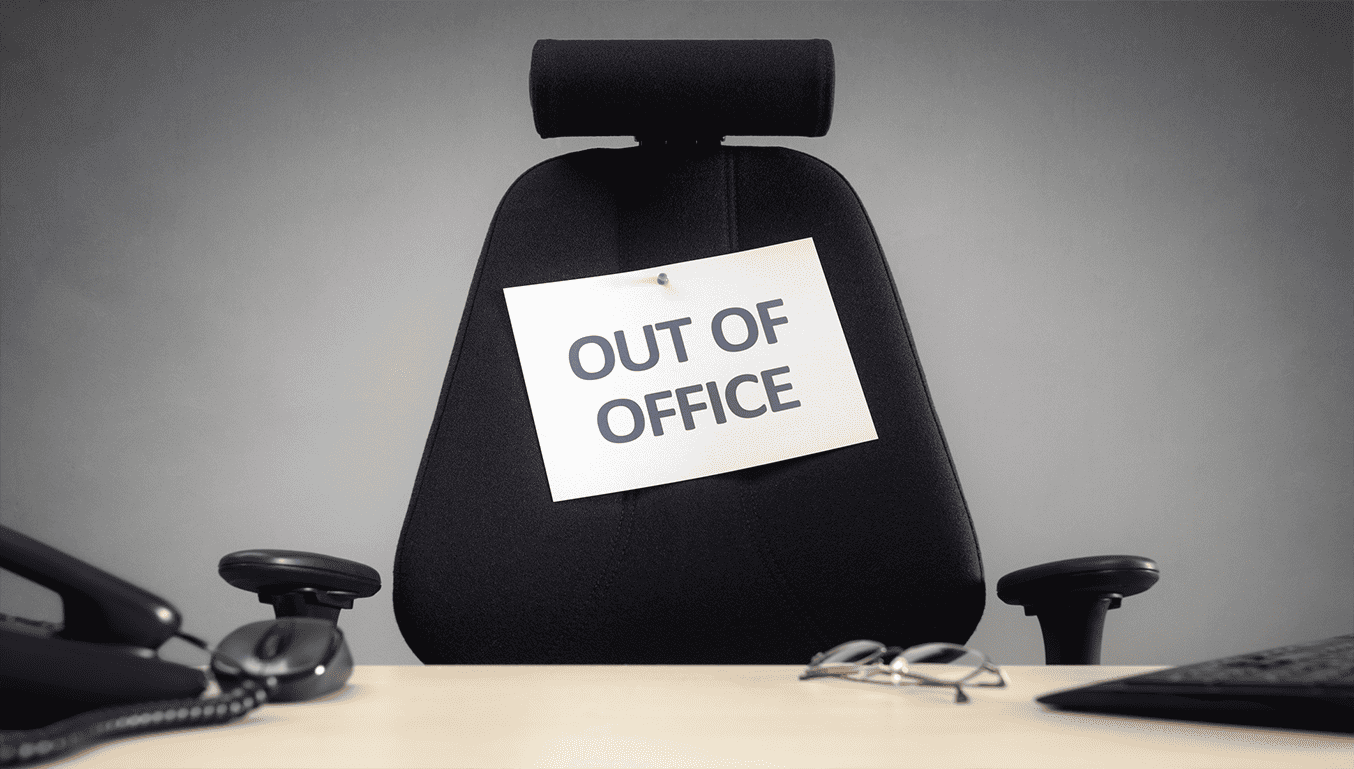Employees with two year’s continuous service have the right not to be unfairly dismissed (and no length of services is required in cases of ‘automatically unfair’ dismissals). But can a dismissal be deemed fair with an appeal hearing?
The law on unfair dismissal
To avoid a tribunal finding of unfair dismissal the employer must show three things:
- A potentially fair reason to dismiss;
- That a fair procedure was followed;
- That the dismissal was fair in all the circumstances of the case.
Many employees are now aware of the importance of following this second requirement – the fair procedure – and will offer the employee the right to appeal.
In the vast majority of cases this will certainly be the right course of action to take. In the case of Moore v Phoenix Product Development Limited the Employment Appeal Tribunal (EAT) ruled that the dismissal was fair without an appeal hearing. However, the EAT decision should not be taken as a green light to dispel with appeal hearings. The facts in Moore will not fit with most dismissals.
Moore V Phoenix Product Development Ltd
The claimant was an inventor who stepped down as CEO of the Respondent company. ?He stayed on as director and employee but was unable to accept that he no longer led the Company.
Working relations broke down irretrievably and he was dismissed under the category of ‘some other substantial reason’. He was not offered a right to appeal his dismissal as the respondent believed the appeal would be futile. Mr Moore lodged an unfair dismissal claim. He lost.
Both the tribunal and the EAT agreed with the respondents that an appeal would have been futile. The respondent was able to show evidence of the claimant’s foul and abusive emails, his confrontational behaviour and that he was entirely responsible for the breakdown in relationships.
Employees with two year’s continuous service have the right not to be unfairly dismissed.
What should employers do now?
The safest course of action is to continue to offer employees the right of appeal. Appoint someone of appropriate seniority to hear the appeal who has not previously been involved in the disciplinary hearing. Make sure the appeal chair explains in writing their reasons for dismissing the appeal if that is their decision.
If you are sure the Claimant’s behaviour falls into the category of Mr Moore’s making an appeal futile, make sure you have documentary evidence of the unreasonable conduct to justify not offering an appeal.
Also be aware that even if a tribunal finds that the dismissal was substantively fair it may still impose financial penalties on an employer who fails to follow a fair procedure. This could be awarding the claimant for loss of earnings to cover the time (typically a few weeks) it would have taken to have arranged and heard the appeal. Or impose a percentage uplift (up to 25%) on any loss of earning compensation for failure to follow the ACAS Code of Practice on Disciplinary and Grievances.
Finally, employers could consider if they should make more use of some substantial other reason (SOSR) as a fair reason for dismissal, where the circumstances warrant it.
SOSR is one of the potentially fair reasons for dismissal which is often underused by employers because they are less familiar with it than conduct and capability dismissals. SOSR can be used as a stand-alone reason or as alternative to use in conjunction with conduct and capability dismissals.
For legal advice on dismissal and redundancies contact our unfair dismissal lawyers.


